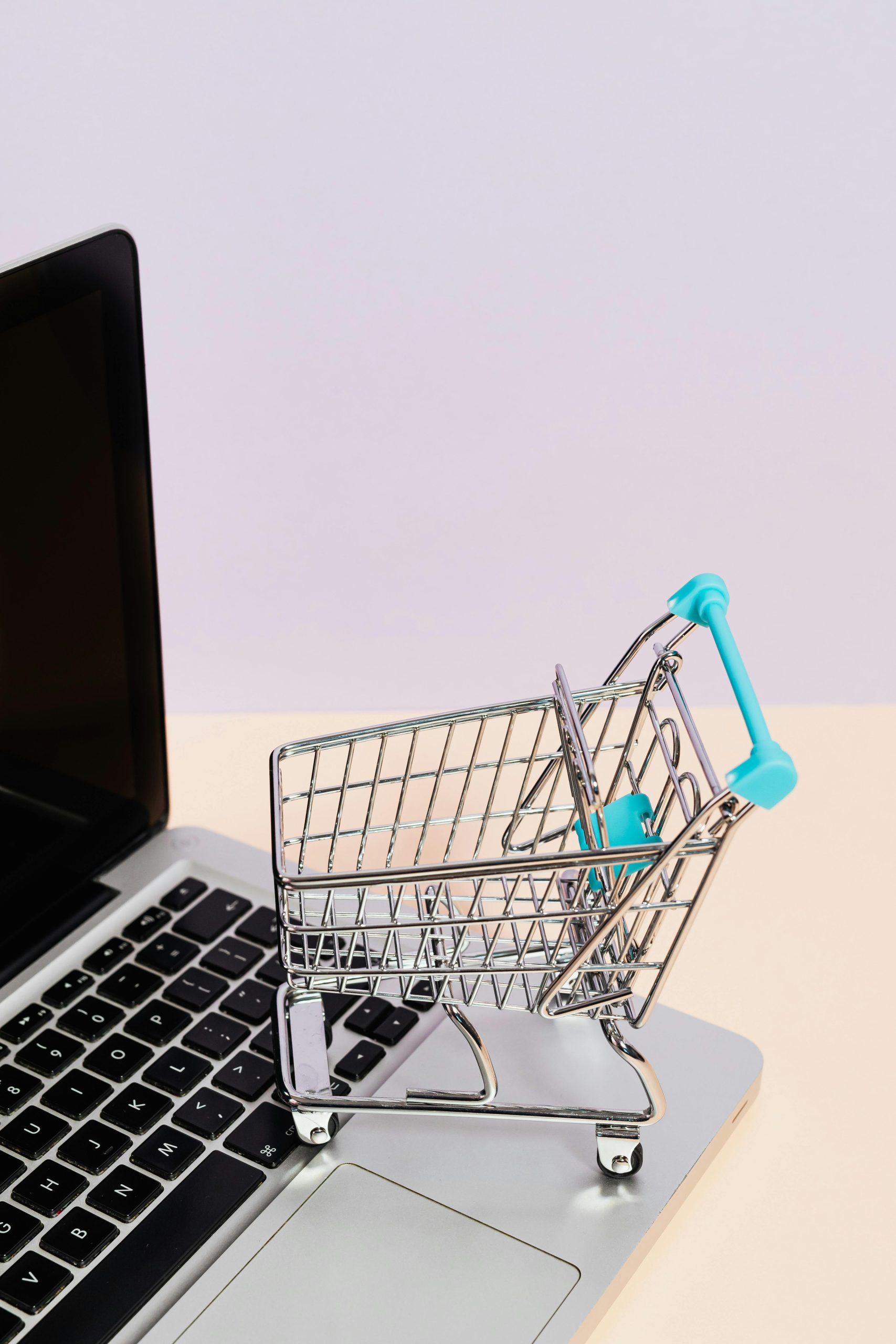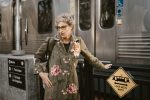Title: The Paradox of Prosperity: Why Restaurants and Events Are Thriving Amid Economic Strain
Have you noticed the unusual disconnect in consumer behavior lately? It seems that, even as prices rise and budgets tighten, restaurants and events are more crowded than ever. What’s behind this apparent contradiction?
As someone who manages a consumer goods business with three outlets in a major European capital, I’ve watched my sales soar to unprecedented heights, even after we adjusted our prices in response to rising costs and inflation. Interestingly, we’ve found it relatively easy to hire staff, although the enthusiasm among workers seems to be dwindling.
What truly baffles me, however, is the stark contrast with the broader economic landscape. Many of my acquaintances are grappling with basics, slashing their budgets, and generally exercising caution with their spending. The sense of uncertainty feels palpable. Yet, when I step out to the local dining scene or community events, I’m met with bustling crowds and higher-than-ever price tags. How does this all make sense? It leaves me scratching my head.
Hypothesis 1: One theory I have is that individuals might be tapping into their savings to seize the moment and embrace experiences, despite the tightening of their financial belts.
Hypothesis 2: Alternatively, it’s possible that I’m simply witnessing a localized economic bubble. While some people are indeed feeling the pinch, many might be successfully adapting to inflation and continuing to thrive.
Is this behavior typical in these times, or is there another layer to this phenomenon that I’m missing? I’d love to hear your thoughts.










2 Comments
This juxtaposition of high consumer activity in restaurants and events amid rising prices and financial strain is indeed perplexing, but it can often be explained through a blend of social behavior, economic phenomena, and demographic realities.
Consumer Behavior and the ‘Experience Economy’
One of the primary factors contributing to the crowded restaurants and events, despite financial woes, is the rise of what sociologists term the “experience economy.” As people feel financial pressure in their day-to-day lives, many prioritize spending on experiences over material goods. This behavior is not just a whimsical choice; it reflects deeper psychological motivations. According to recent studies, experiences are often perceived as more fulfilling than possessions, leading individuals to spend their disposable income on dining out, social events, and entertainment as a way to enhance their quality of life.
Utilizing Savings and Credit
Your first theory touches upon an important point: the use of savings. Following the COVID-19 pandemic, many households accumulated savings due to reduced spending opportunities. For some, this financial cushion may provide the confidence to continue spending on non-essential activities, such as dining out or attending events, despite rising living costs. Additionally, there has been an uptick in credit usage, with consumers looking to maintain their lifestyles by leveraging credit cards or personal loans. This transient behavior can create a temporary bubble where spending remains high even as financial pressures loom.
The Labor Market Paradox
Your observations about employee motivation in the service industry also highlight a complex facet of the economy. Although you are finding it easy to hire in a seasonal market, the paradox of low motivation among workers could be attributed to several factors, including wage stagnation relative to rising living costs and increased job uncertainty following the pandemic. Many workers may feel overworked or undervalued, leading to decreased enthusiasm for their roles. Service-oriented positions often face higher turnover rates, affecting consumer experiences as well.
Social Dynamics and Regional Differences
It’s also crucial to consider regional dynamics. In urban settings, social interactions often take precedence over individual financial concerns. The adage “keeping up with the Joneses” plays a role, as people may feel pressured to maintain their lifestyles vis-à-vis their social circles, leading to packed venues despite personal financial struggles. Additionally, younger demographics, who are more inclined to spend on leisure despite limited incomes, might disproportionately drive up demand in leisure categories.
Practical Advice for Businesses
As a business owner, capitalize on this phenomenon by diversifying your offerings. For instance:
Experience Packages: Bundle your products with experiences, such as workshops, tastings, or events that may resonate with your target market.
Flexible Pricing Strategies: Consider introducing tiered pricing or specials that appeal to different consumer segments, allowing you to capture a wider audience while accommodating those experiencing financial strain.
Loyalty Programs: Implement a loyalty program to encourage repeat business. This can foster community engagement and strengthen consumer relationships, which are vital in uncertain economic climates.
Social Media Engagement: Enhance your digital presence to create a sense of community around your brand. User-generated content or promotional campaigns can be effective in engaging with consumers who are looking for value for their money.
Conclusion
The dynamics of consumer behavior and economic conditions are seldom linear, and your observations reflect a broader societal trend. While economic challenges certainly affect consumer psychology, a combination of psychological motivations, societal trends, and economic adaptation can explain the crowded establishments and bustling events you’re witnessing. As you navigate your business decisions amidst these peculiarities, stay attuned to your consumer base’s evolving preferences and maintain flexibility in your offerings. This approach can not only bolster your business performance but also enhance customer loyalty during uncertain times.
This is a fascinating observation, and it definitely highlights the complexities of consumer behavior in today’s economy. Your hypotheses are insightful, and I would like to expand on the idea of prioritizing experiences over material goods.
In times of economic uncertainty, people often turn to experiences that offer emotional satisfaction, like dining out or attending events, as a form of coping mechanism. The pandemic shifted our values significantly; many realized the importance of savoring life’s moments while they can, often opting to spend their disposable income on social experiences rather than traditional consumer goods.
Additionally, the social psychology behind this phenomenon suggests that people might feel a sense of communal stability in crowded venues, which can be comforting during chaotic times. This could also create a fear of missing out (FOMO), compelling even those who are financially strained to join in to avoid feeling isolated.
On the flip side, your point about a localized economic bubble is crucial. Certain demographics may not feel the effects of inflation as acutely due to varying income levels and job security. Places with a strong local economy can indeed create an illusion of prosperity that doesn’t reflect the wider economic struggles.
I’d also suggest considering the impact of social media and marketing. These platforms tend to glamorize dining and entertainment experiences, influencing people’s choices and spending despite financial strain.
Overall, the interplay of psychology, societal values, and economic factors seems to be at the heart of this phenomenon. It would be interesting to explore how long these trends might persist and what implications they could have for